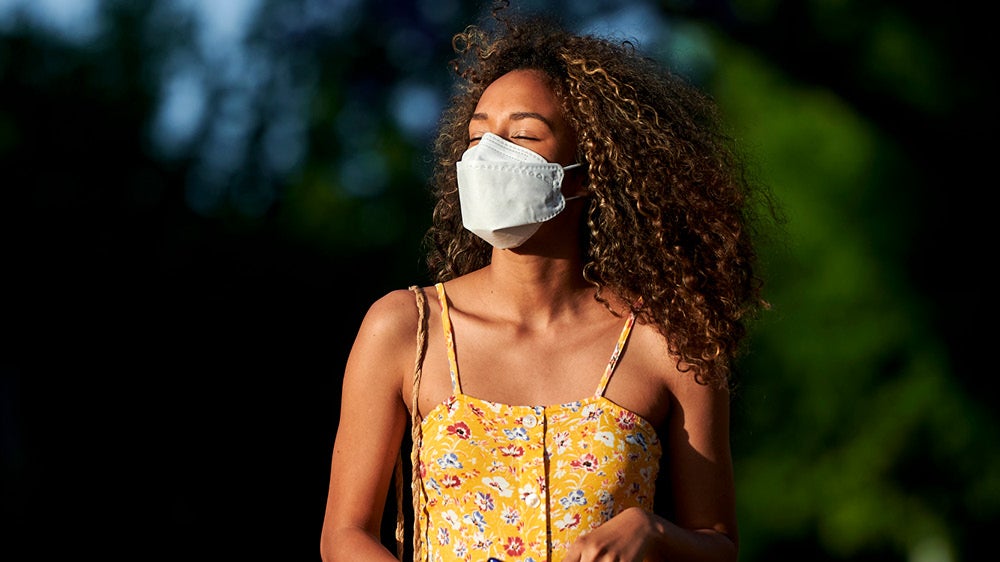How air quality impacts your health: Understanding the risks and taking precautions
July 9, 2023By: Neil Horning, MD
Categories: Prevention
Air quality plays a significant role in your overall health and well-being. From respiratory issues to cardiovascular conditions, poor air quality can have detrimental effects on your body. Learn how air quality impacts your health and take action to protect yourself and your family.
What causes unhealthy air quality?
Air quality is measured by pollutants in the air and ozone and is monitored by the Environmental Protection Agency at AirNow website.
Natural sources like dust storms and wildfires contribute to air pollution.
Industrial emissions from manufacturing, power generation and chemical production release pollutants into the air.
Burning and combustion of fossil fuel in vehicles and power plants emit pollutants into the air.
Vulnerable groups of people
Certain individuals are more vulnerable to the effects of unhealthy air quality, including:
- Children.
- Individuals with pre-existing conditions.
- Older adults.
- People who work outdoors.
- Pregnant women.
How vulnerable are you to poor air quality?
Common health risks associated with poor air quality
You’re always breathing, so poor air quality can impact your overall health and well-being.
- Respiratory conditions like asthma, bronchitis and respiratory infections (common cold, pneumonia) can be triggered or worsened.
- Cardiovascular concerns, such as heart disease, heart attack, stroke and high blood pressure, increase where there is poor air quality.
- Allergy symptoms can worsen including irritation or discomfort of your eyes, nose and throat.
- Increased risk of cancer is linked to prolonged exposure to certain pollutants.
Poor air quality may worsen symptoms and decrease lung function for those with respiratory diseases, cardiovascular conditions or allergies.
Early warning signs
When you think poor air quality might be impacting your health, keep an eye out for these early symptoms.
- Allergy symptoms
- Coughing
- Headaches
- Irritation of eyes, nose and throat
- Shortness of breath
- Trouble breathing
- Worsening symptoms of existing health conditions
Remember, these symptoms can be caused by different things. If you consistently experience these symptoms when the air quality is known or suspected to be bad, it's a good idea to be cautious, limit your time outdoors, and seek medical advice if the symptoms worsen or linger.
Health symptoms from poor air quality
Steps to protect yourself when air quality is unhealthy
Follow these steps to protect you and your family during poor air quality.
- Avoid outdoor activities.
- Do not smoke.
- Exercise indoors to improve lung health.
- Follow medical advice and treatment plans for pre-existing conditions.
- Maintain a clean indoor environment by closing windows, using air purifiers and ensuring proper ventilation.
- Pay attention to any symptoms and seek medical attention when necessary.
- Stay informed about local air quality reports and forecasts.
- Use personal protective equipment like N95 masks when necessary.
By taking proactive measures, staying informed and following precautions, you can protect yourself and minimize the risks associated with poor air quality.


